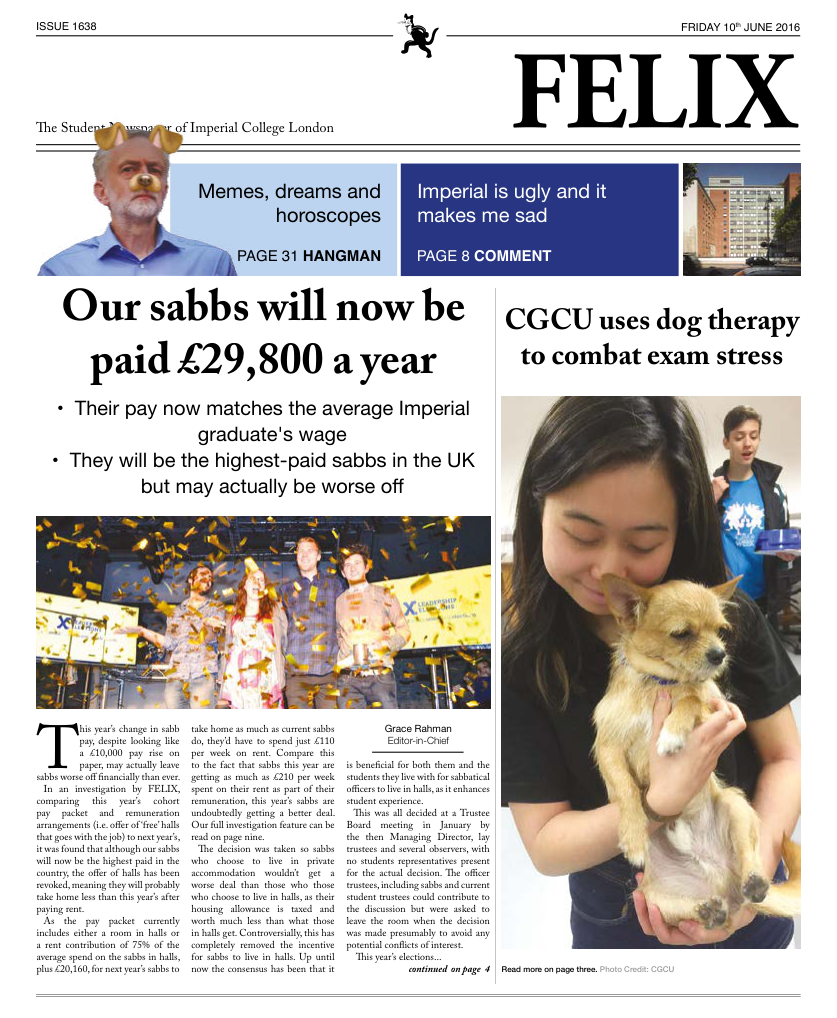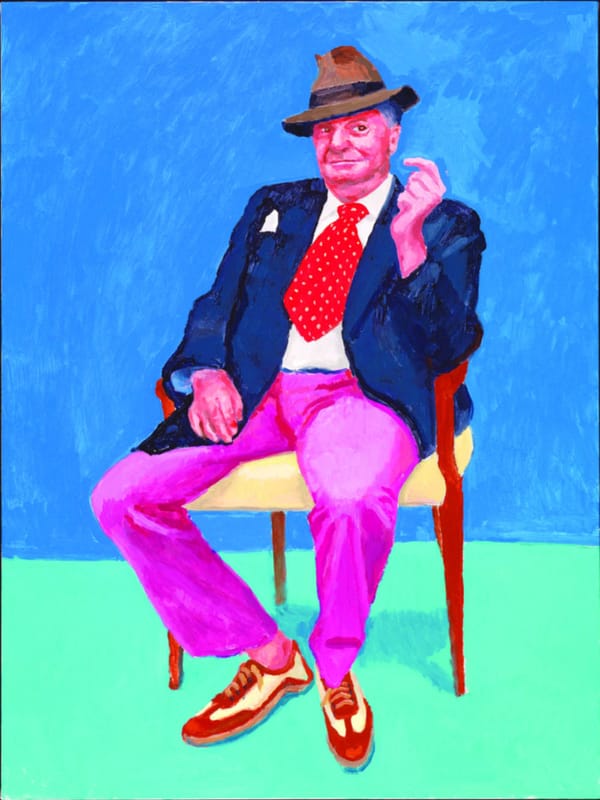When pills aren’t enough
The Wellcome Book Prize celebrates the interdependency of literature and medicine

Cathy Rentzenbrink begins her story with a night out. On a summer’s day twenty-six years ago, she had decided to head home first, bored, while her brother remained behind in the bar hoping to “get lucky”.
“Matty never, in any sense of the word, ‘got lucky’ again,” she continued, as she recounted how her brother was hit by a car on his way back, and the suffering of their family that followed. She described, in poignant, heart-wrenching words, how her brother Matty fell into a persistent vegetative state and how the family eventually, after eight years, came to the painful decision to perform “the last act of love” – withdrawing nutrition and life support for their beloved son and brother.
This incredibly personal and moving journey is told in Ms Rentsenbrink’s memoir The Last Act of Love, one of the shortlisted books for the Wellcome Book Prize. It's is an annual award given to a work of new fiction or non-fiction that deals with a central theme of health, illness or medicine. I was at a 5x15 event where the five shortlisted authors of 2016 were gathered to talk about their stories for fifteen minutes each.
I have always been passionate about the role literature can play in medicine, and vice versa. Listening to Ms Rentzenbrink speak in person about her book and experiences highlighted the role words have in healing and coming to terms with difficult decisions of life and death in medicine. Indeed, the Wellcome Book Prize is a beautiful idea, a yearly reminder that words help us understand the complexities of illness and healing, and bring us closer to what it means to be human. Themes that have come up in past prizes include birth and beginnings, pain and loss, memory and identity.
Since the prize began in 2009, it has celebrated books about struggles with mental illness, difficult decisions in the course of medicine, passion projects delving deep into a particular medical issue or another, and even thrillers that explore memory loss and identity. This year, the winner was It’s All in Your Head – an insight into the world of psychosomatic illnesses, written by consultant neurologist Suzanne O’Sullivan. In the course of her career, Dr O’Sullivan has seen a fair number of patients who are ill, and have all the signs of being ill, without actually having anything physically wrong with them. Psychosomatic illness is not something people are happy to talk about or accept readily – which patient wants to be told that what they’re experiencing is ‘all in your head ’? Yet, as Dr O’Sullivan points out in her speech in which she described a woman who eventually became paralysed due to her psychosomatic illness – “If your mind can get your body to start an action, why can’t it stop actions too?”
In these cases, books not only provide an avenue for exploring the complex human and scientific factors that affect psychosomatic illness, but also make it accessible to the public and encourage discussion of difficult issues. Literature provides an insight into situations where our deepest convictions are challenged, and reading then gives us the collective experience of what it means to be human.
For more information visit: wellcomebookprize.org










